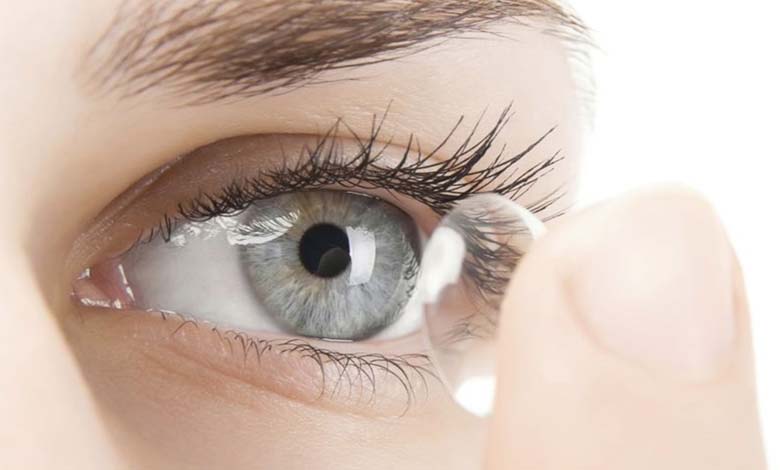Eye Infections Due to Contact Lenses: A Magical Treatment from Trees

A recent study suggests that hydroquinone, a natural compound found in some trees, could serve as an effective disinfectant for contact lenses, potentially reducing the risk of bacterial keratitis, a serious corneal infection typically associated with wearing contact lenses.
Researchers from the University of Portsmouth in England, along with Narisaranee and Payapulsakaram Rajabhat Universities in Thailand, investigated the antibacterial properties of multi-purpose solutions containing hydroquinone.
The results, published in the “Antibiotics” journal, indicate that these solutions were highly effective in killing bacteria, including Pseudomonas aeruginosa, a common cause of bacterial keratitis.
Dr. Robert Baldock from the University of Portsmouth highlights the potential of natural products like hydroquinone in developing safer disinfectants for contact lenses, reducing the risks of adverse reactions associated with commercial solutions.
The study underscores the importance of preventing bacterial keratitis, which can lead to permanent eye damage and vision loss, especially with the increasing prevalence of drug-resistant bacteria like Pseudomonas aeruginosa. Hydroquinone, known for its effectiveness against malaria and nocturnal muscle cramps, shows promising results in combating such infections.
Lead author Sataporn Wiwatanarungsan emphasizes the need for further research to ensure the safety and efficacy of hydroquinone-based solutions on various contact lens materials and against different pathogens.
He adds, “The potential development of new disinfectants from natural products could significantly reduce corneal infections and contribute to public health efforts in combating antimicrobial resistance.”












